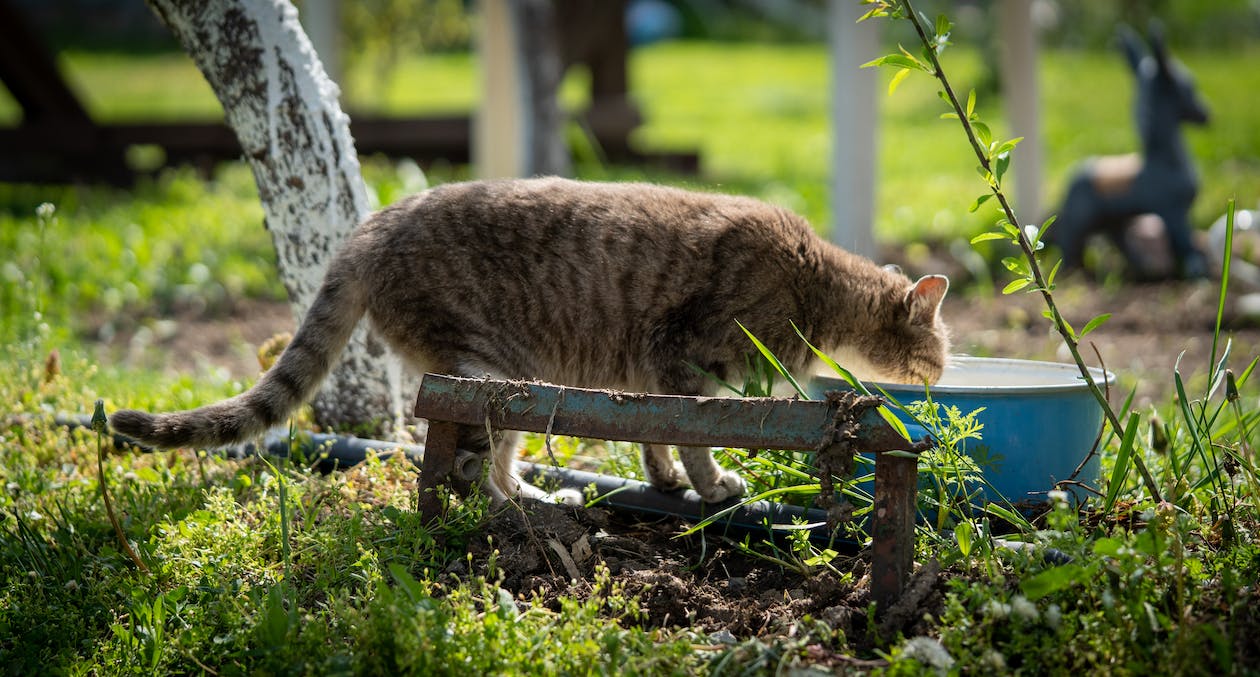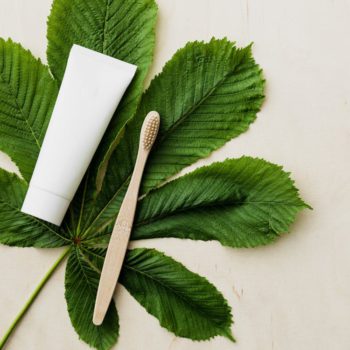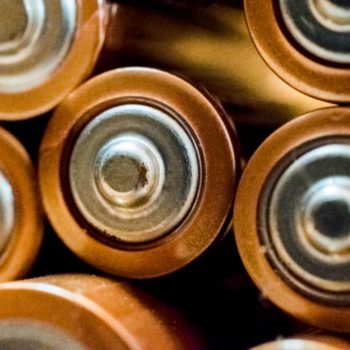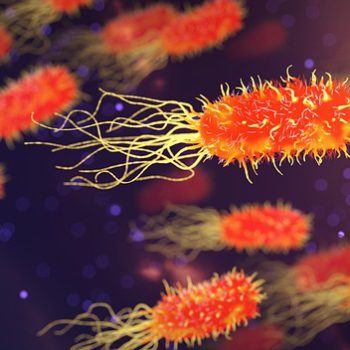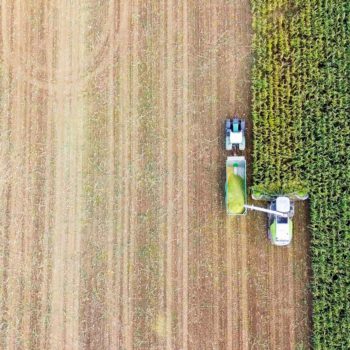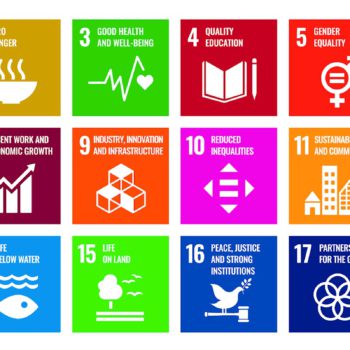|
|
The vegan or vegetarian diet has gained significant popularity recently, with more people adopting plant-based diets for ethical and health reasons. But what about our feline friends? Can cats also thrive on a vegan diet? This article will delve into vegan diets for cats, exploring their nutritional needs, pot and the controversy surrounding this dietary choice.
The Vegan Trend: Can Cats Be Vegan?
Cats possess a unique physiological makeup as obligate carnivores, necessitating specific nutrients primarily found in meat-based diets. Essential amino acids, vitamins, and minerals vital for their health and well-being are abundant in these diets.
Although plant-based diets can be suitable for dogs and humans, the distinct dietary needs of cats, underscored by research from sources like the American Veterinary Medical Association (AVMA), dictate that their nutritional requirements cannot be adequately fulfilled through plant-based sources alone.
The Risks of Feeding Cats a Vegan Diet
Feeding cats a vegan diet is a big concern supported by research. Cats need certain nutrients from animal products to stay healthy. When cats don’t get these nutrients, they can have serious health problems.
For example, taurine is an important nutrient only found in animals. A study showed that not having enough taurine can cause heart problems, trouble seeing, and reproduction issues.
A study from the American Veterinary Medical Association (AVMA) also shows that cats need nutrients like taurine, vitamin A, and arachidonic acid that are only found in animal products. Cats are special animals that need these things from meat.
Trying to replace them with vegan options can make cats sick. If they don’t get enough arachidonic acid, which is a fat only found in animals, it can hurt their immune system and skin. The science agrees that vegan diets are bad for cats and can make them sick.
Nutritional Challenges of a Vegan Diet for Cats
A vegan pet’s diet for cats can be nutritionally challenging to meet their specific dietary needs. While plant-based ingredients can provide some essential nutrients, such as vitamins and minerals, they often lack the adequate amounts of specific amino acids and essential fatty acids that cats require to thrive. These nutrients are typically found in animal-based sources, making it difficult to provide a balanced and nutritionally complete vegan diet for cats.
Vegan Cat Food: Is It Safe and Nutritious?
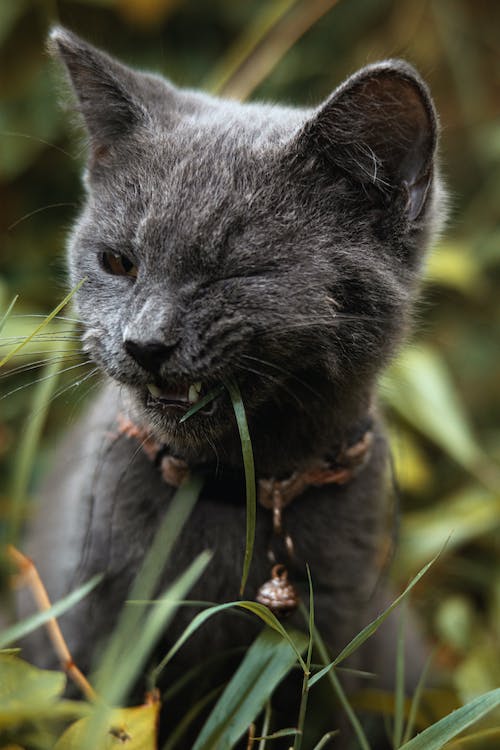
Evaluating the Nutritional Value of Vegan Cat Food
Commercially available vegan cat food brands claim to provide a nutritionally complete diet for cats. These products are formulated to meet the specific nutrient requirements of cats while excluding animal-based ingredients. However, it is crucial to carefully evaluate the nutritional value and ingredient list of vegan cat food before making the switch.
The Importance of Taurine in a Cat’s Diet
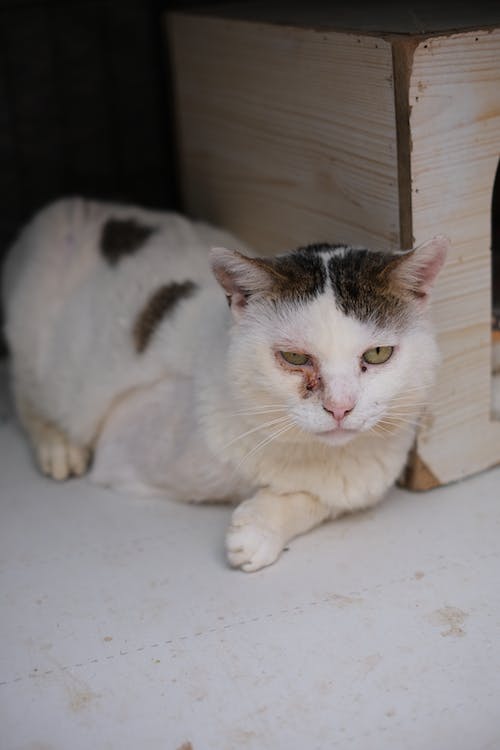
The significance of taurine in a cat’s diet cannot be overstated, and scientific research underscores its essential role in feline health. Taurine is an amino-sulphonic acid that is crucial in various physiological processes within a cat’s body. It’s particularly important due to cats’ limited ability to synthesize it endogenously, making dietary intake crucial.
Taurine deficiency in cats has been associated with various serious health issues. Retinal degeneration, which can lead to visual impairment or blindness, is one of the well-documented consequences of taurine deficiency. A study published in the journal “Veterinary Ophthalmology” highlights that taurine plays a vital role in maintaining the health of the retina and preventing retinal degeneration in cats.
Furthermore, taurine deficiency has been linked to cats’ reproductive problems and developmental abnormalities. A study published in the “Journal of Nutrition” emphasizes that taurine deficiency during pregnancy and lactation can result in poor reproductive performance and developmental issues in kittens.
Dilated cardiomyopathy (DCM), a condition characterized by an enlarged and weakened heart, is another serious consequence of taurine deficiency. Research published in the “Journal of Veterinary Cardiology” indicates that taurine is critical in maintaining proper heart function and preventing DCM in cats.
In response to the specific dietary requirements of cats, many vegan cat food manufacturers add synthetic taurine to their products. While synthetic taurine can effectively meet cats’ nutritional needs, it’s imperative to ensure that the chosen vegan cat food provides adequate taurine to prevent any deficiencies and associated health problems.
In conclusion, taurine is not just a minor component of a cat’s diet; it’s a critical nutrient that impacts various aspects of their health. Adequate taurine intake through proper nutrition, whether derived from animal-based sources or synthetic supplementation, is crucial to prevent potentially severe health issues in cats
Consulting a Veterinary Professional about Vegan Diets for Cats
If you are considering feeding your cat a vegan diet, it is crucial to consult with a veterinary professional beforehand. A veterinarian can assess your cat’s nutritional needs and guide whether a vegan diet suits your feline companion. They may also recommend alternative dietary options or supplements to ensure your cat’s health and well-being.
Commercial Vegan Cat Food Brands: What to Consider
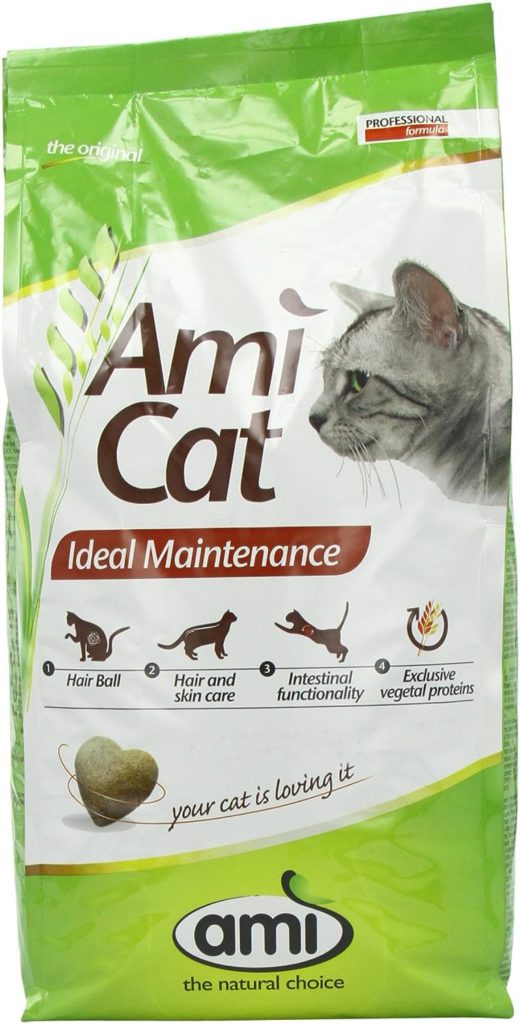
Image Credit: Ami Cat
Exploring the Evolution Diet and Other Commercial Vegan Cat Food Brands
Several commercial vegan cat food brands, such as Evolution Diet and Ami Cat, claim to provide nutritionally balanced vegan options for cats. These brands often use plant-based protein sources, such as soy and pea protein, to meet cats’ protein requirements. However, it is crucial to carefully evaluate these products’ ingredient lists and nutritional composition to ensure they meet the necessary nutrient guidelines for cats.
The Controversy Surrounding Feeding Your Cat a Vegan Diet
Feeding your cat a vegan diet is controversial in the veterinary community. While some argue that cats can thrive on a carefully formulated vegan diet, others believe that this dietary choice may pose significant risks to a cat’s health. Considering both perspectives and making an informed decision based on your cat’s specific needs and overall health is essential.
Weighing the Benefits and Risks of Feeding Vegan Food for Cats
Before deciding to feed your cat a vegan diet, weighing the potential benefits against the possible risks is crucial. While a vegan diet may align with your personal beliefs and values, it is essential to prioritize your cat’s health and well-being. Consider consulting multiple veterinary professionals and conducting thorough research to ensure you make the best decision for your feline friend.
Feeding Your Cat a Vegan Diet: Practicality and Strategies
Gradual Transitioning to a Vegan Diet for Cats
If you decide to transition your cat to a vegan diet, it is essential to do so gradually. Cats have sensitive digestive systems, and sudden dietary changes can lead to gastrointestinal issues. Start by incorporating small amounts of vegan cat food into their regular diet and gradually increase the proportion over time. Monitor your cat’s response and consult your veterinarian if any issues arise.
Supplementing a Vegan Cat’s Diet with Essential Nutrients
To ensure that your cat’s vegan diet is nutritionally complete, you may need to supplement their meals with essential nutrients typically lacking in plant-based ingredients. These may include taurine, arachidonic acid, and other essential vitamins and minerals for a cat’s overall health.
Monitoring Your Cat’s Health on a Vegan Diet
Once your cat is on a vegan diet, it is crucial to monitor their health regularly. Look out for any signs of nutritional deficiencies or health issues, such as weight loss, coat problems, or changes in behavior. Regular check-ups with your veterinarian can help ensure your cat’s dietary needs are met, and any potential issues are addressed promptly.
Frequently Asked Questions
A vegan diet for cats is a diet that excludes any animal-derived products and consists solely of plant-based ingredients.
There is ongoing debate among experts regarding the safety and efficacy of feeding cats a vegan diet. While cats are obligate carnivores and have specific nutritional requirements that are best met with animal-based proteins, some people choose to feed their cats a vegan diet with the guidance of a veterinarian.
Cats are obligate carnivores, which means their bodies are designed to consume and process animal-based proteins. While cats can survive on a vegan diet with proper supplementation, it is still unclear whether they can thrive on it long-term.
Yes, there are vegan cat foods on the market that are formulated to meet the nutritional needs of cats. However, choosing high-quality vegan cat food approved by veterinarians and completing the necessary nutritional requirements is essential.
The decision to put your cat on a vegan diet should be made in consultation with a veterinarian. They will be able to assess your cat’s specific nutritional needs and provide guidance on whether a vegan diet suits your cat.
It is possible to formulate vegan cat food that is nutritionally complete and meets the essential nutritional requirements of many cats. However, it requires careful consideration of the necessary nutrients and proper supplementation.
Feeding cats a vegan diet comes with several risks and concerns. Cats have specific dietary requirements, including taurine, arachidonic acid, and other nutrients typically found in animal-based proteins. These nutrients are essential for their overall health and well-being.
Cats are obligate carnivores, which means they require certain nutrients that are only found in animal-based proteins. While vegetarian or vegan diets may be suitable for some animals, it is not recommended for cats unless there is a specific medical reason and under the guidance of a veterinarian.
Feeding a cat a vegan diet that is not nutritionally balanced can lead to significant health problems, including malnutrition, muscle wasting, organ failure, and overall poor health. It is crucial to ensure that all of their nutritional needs are met.
Cats are obligate carnivores, which means they require certain nutrients that are only found in animal-based proteins. While there are debates about whether cats can survive on a vegan diet, it is widely accepted that their nutritional needs are best met with a diet that includes meat.
Conclusion
Feeding your pet cat a vegan diet is a decision that should be made after careful consideration and consultation with a veterinary professional. While cats are obligate carnivores with specific nutritional requirements, some vegan cat food brands claim to meet these needs.
However, the controversy surrounding vegan diets for cats and the potential risks involved should not be ignored. Ultimately, it is essential to prioritize your cat’s health and well-being when making dietary choices.
